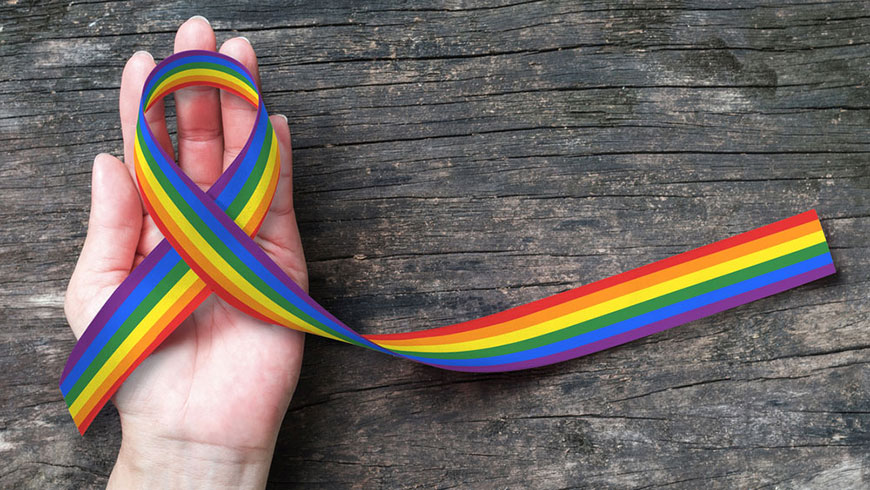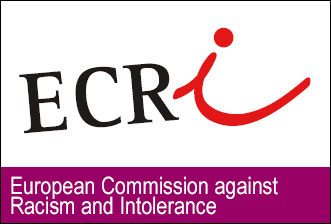Sexual orientation, gender identity and sex characteristics

ECRI started examining discrimination and intolerance towards LGBT persons in its fifth cycle of country monitoring (2012-2018) and towards Intersex persons in its sixth monitoring cycle. It recommends all member states to develop legislation and policies to combat discrimination, hate speech and violence against persons on account of their sexual orientation, gender identity or sex characteristics and to promote tolerance.
ECRI monitors LGBTI issues in light of the European Convention on Human Rights, the relevant case law of the European Court of Human Rights and Recommendation CM/Rec(2010)5 of the Committee of Ministers of the Council of Europe on measures to combat discrimination on grounds of sexual orientation or gender identity.
ECRI’s LGBTI-related recommendations in ECRI’s fifth and sixth cycle country monitoring reports are grouped together in a factsheet on LGBTI issues (see also Country Monitoring and compilation of ECRI's 5th cycle recommendations on LGBT issues).
In the framework of its sixth monitoring cycle beginning in 2019, ECRI looks into effective equality and access to rights of LGBTI persons.
- Council of Europe SOGI Unit
- LGBTI human rights and the Council of Europe
- Fact Sheets of the European Court for Human Rights on Gender identity, Homosexuality: criminal aspects and Sexual orientation issues
- For additional information, please search in the HUDOC/ECRI-database with LGBTI-related keywords



